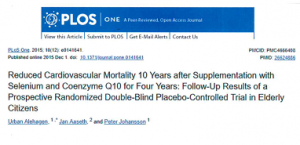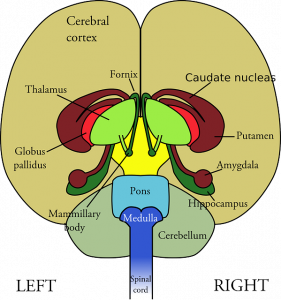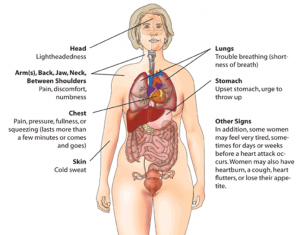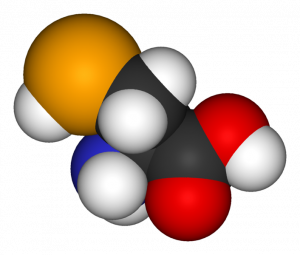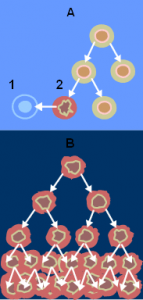
The results of clinical studies give us an estimate of what an individual’s optimal serum or plasma selenium status is.
- Plasma selenium status below 100 micrograms per liter – also expressed as 100 nanograms per milliliter – is generally regarded as sub-optimal plasma selenium status [Hurst 2010].
- Plasma selenium status of at least 110 – 118 micrograms per liter is considered necessary for the optimal expression of selenoprotein P [Hurst 2010].
- Letsiou et al [2014] set the lower limit for optimal selenoprotein P activity at 120 micrograms per liter or higher.
- Plasma selenium status of 120 up to 170 micrograms per liter is considered necessary for reducing the risk of prostate cancer [Hurst 2012].
- Studies show that there are sex and age differences in the absorption and distribution of selenium taken in from the diet and from supplements [Letsiou 2014; Galan 2005].
Note: The Mayo Medical Laboratories report serum concentrations of 70 to 150 micrograms per liter as the adult reference range for residents of the United States. The mean population serum concentration is 98 micrograms per liter [Mayo], but, remember, depending on the range and standard deviation of the data, the mean can be very little useful. The important thing about the United States is that there is regional variation in selenium intakes and status. See below.
Selenium intake and selenium status
The primary sources of selenium are the diet and supplements. The human body does not synthesize selenium. It is difficult to calculate accurately how much selenium an individual gets from food. It can also be difficult to know precisely how much selenium an individual absorbs from a supplement because of the variation in the form and formulation of the selenium supplements on the market.



